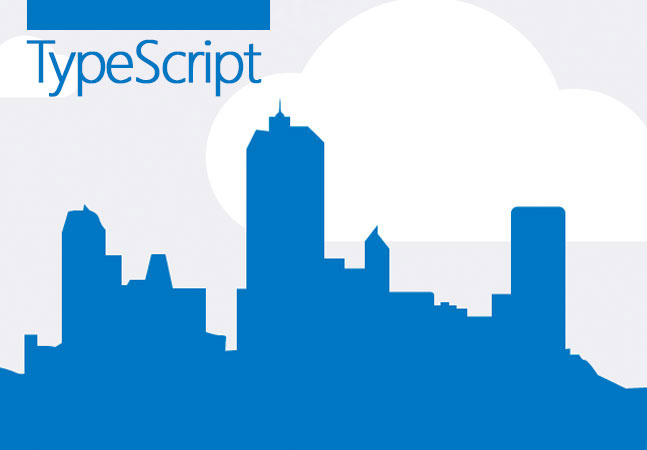
Updated Python functionality heads a list of enhancements to Microsoft's Bot Framework SDK, facilitating conversational artificial intelligence development for a number of application channels, such as Skype, Teams, Slack and so on.

Microsoft's investment will turbocharge OpenAI's efforts toward artificial general intelligence (AGI) and drive development of next-generation solutions and platforms.
- By Michael Desmond
- 07/23/2019

Microsoft's open source TypeScript programming language, fresh off cracking the top 10 in a popularity index for the first time, is out in a v3.6 beta that is feature complete, with the release candidate coming next.

The July update of the Java functionality for Visual Studio Code includes new refactoring capabilities, support for Semantic Selection (or Smart Selection) and more.

Just a couple months after declaring TypeScript was "exploding" in relation to other programming languages, analyst firm RedMonk is out with a new ranking that shows it cracking the top 10, a rare event in the history of the index.

Microsoft is eyeing the Rust programming language as a safer replacement of C/C++ code after discovering the "astonishing" number of security problems caused by memory corruption bugs.

Microsoft's open source machine learning framework, ML.NET, has been updated to version 1.2, continuing to add features to help .NET developers use their familiar tools and languages to infuse ML functionality into their applications.

Cloud development giant Amazon Web Services has made a new toolkit for Visual Studio Code generally available, especially tuned to serverless (Lambda functions) development.

A Microsoft dev blog introduced Snppts, a new GitHub project that aims to aggregate community Xamarin UI constructs in one place.

Microsoft announced XAML Hot Reload is coming this year to Xamarin.Forms, bringing the cross-platform mobile development tooling more up to par with React Native and Flutter.

.NET-centric coders using Visual Studio can now ease their Amazon Web Services (AWS) development with the new Cloud Development Kit (AWS CDK), an open source framework for Infrastructure as Code projects.

Microsoft is previewing a new set of Azure SDKs as part of a revamp undertaken as the cloud development platform has matured, allowing the company to better identify patterns and practices critical to developer productivity.

Microsoft today (July 9) issued security-and-reliability updates to two .NET Core and .NET Core SDK releases, featuring a spoofing vulnerability fix.

One of the more popular recent features added Visual Studio Code is a preview of remote development functionality, getting a boost in the June release, version 1.36.

While porting a calculator to a different platform might seem simple -- how hard can it be to convert code for addition/subtraction/multiplication/division? -- the reality is far different.

TensorWatch, a new AI debugging and visualization tool from Microsoft Research, is now available as an open source offering on GitHub, where it's "under heavy development with a goal of providing a platform for debugging machine learning in one easy to use, extensible, and hackable package."

The Python Extension for Visual Studio Code -- installed more than 9.3 million times -- has received an update that closes some 70 issues.

Fresh on the heels of a new installer that eases the setup of Java in Visual Studio Code, the dev team for Microsoft's wildly popular open source, cross-platform code-editor-that-acts-like-an-IDE just announced more Java goodies.

Progress has updated the Xamarin components found in its Telerik line of .NET-centric development tooling, featuring a hardware-accelerated PDF viewer and more.

The long-awaited fix for Visual Studio for Mac performance and reliability issues has arrived via a new C# code editor that borrows from Visual Studio for Windows internals, sparked by negative developer feedback.